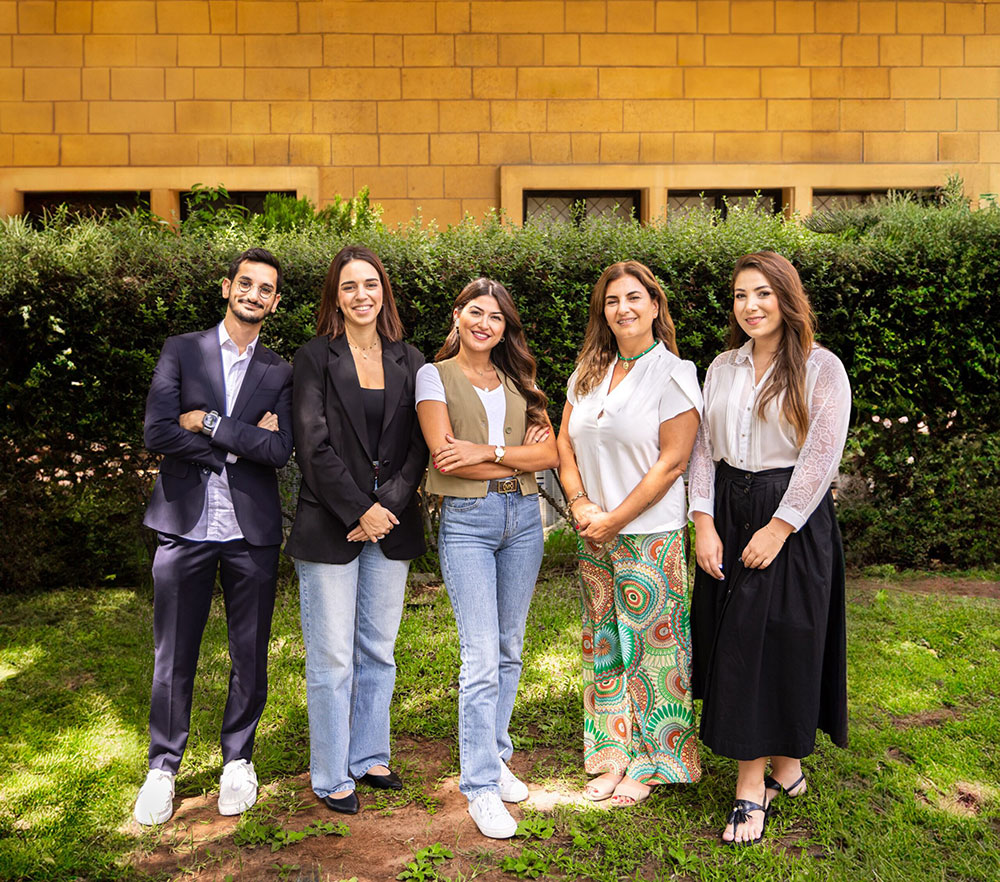Welcome to the Counseling and Accessibility Office (CAO), your student support cornerstone at USEK! We are committed to tailoring our services to ensure that you thrive on your academic path. Our goal is to foster a welcoming, inclusive environment, setting the standard for inclusion and diversity in student care. Together, let us build a space where you feel empowered and valued. Your journey starts here, and we are honored to be part of it!
The Counseling and Accessibility Office (CAO) encompasses the Counseling Services Unit (CSU) and the Accessibility Services Unit (ASU). The CAO’s main goal is to optimize the support available to our students, following USEK’s commitment to the principles of equity, diversity, and inclusion. This involves addressing mental health conditions and accommodating individuals with diverse abilities, as well as offering educational support.
The CAO Team
